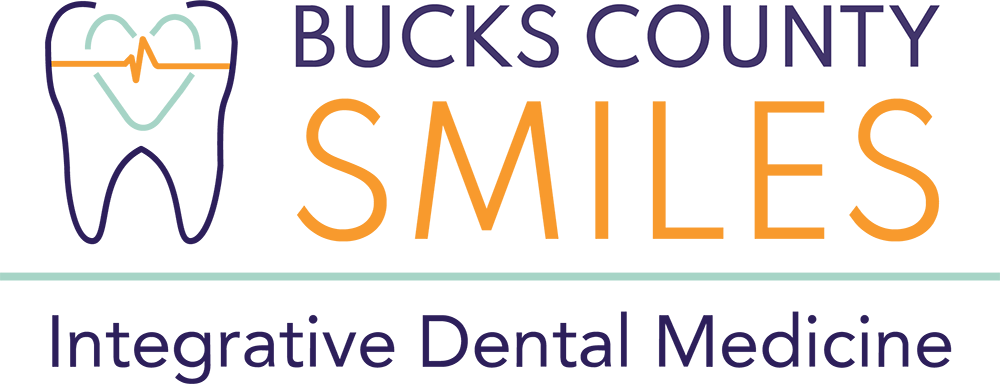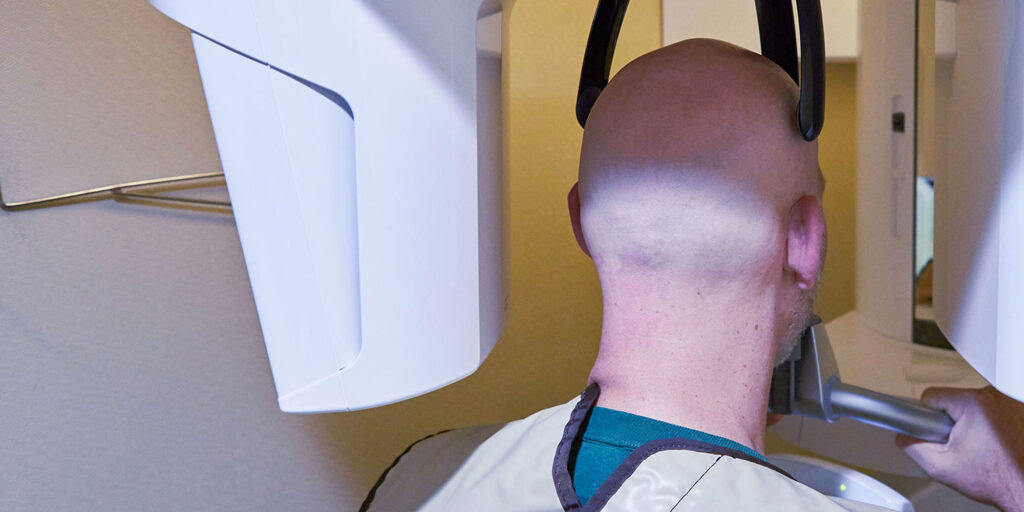

Do you suffer from jaw pain, soreness, headaches, or migraines caused by clenching or grinding your teeth? These chronic conditions could all be signs of a temporomandibular joint (TMJ) dysfunction. TM joints are the hinges that allow you to open and close your mouth. They are vital in everyday functions like eating and speaking.
Disorders of the TMJ can be caused by the misalignment of the jaw, resulting in grinding or clenching. Grinding and clenching cause unnecessary stress on the jaw joints. The issue could also be found at the source: the joint itself. Whatever the cause, we offer custom TMJ treatment in Yardley, PA, to ensure you find the relief you need.
Whatever the cause, we offer custom TMJ treatment in Yardley, PA, to ensure you find the relief you need.

Our team at Bucks County Smiles understands that many TMJ disorder symptoms can be painful and sometimes debilitating. We offer customized treatment plans in Yardley, PA, to help you restore a pain-free, healthy smile. Our amazing dental team specializes in providing the TMJ treatment you need to provide you relief. Some common TMJ treatment solutions include the following:
A custom-made mouthguard or splint can help avoid grinding and clenching. Your mouthguard or splint can be worn at night but is also made for protection during the daytime if necessary. Like sports guards, they form a barrier between your top and bottom teeth. They are customized to you, so they fit snugly over your teeth. These appliances help your jaw move into a relaxed position while protecting your teeth.
A misalignment of teeth affecting bite is caused a malocclusion. Malocclusions can cause stress on TM joints when your teeth strain to come together properly. Orthodontics is commonly used to correct tooth alignment and your bite. The correction can also reduce or eliminate bruxism and the accompanying jaw pain.
Establishing occlusal equilibrium is vital in avoiding malocclusions or misaligned bites that cause stress to the TM joint causing temporomandibular joint dysfunction. Sometimes the solution can be as simple as altering a few tooth surfaces to help teeth come together properly. Our team will strategically remove a small amount of tooth enamel in one or more areas of the mouth to reduce grinding and clenching. Resulting in the reduction or elimination of jaw pain!
Botox® and Xeomin injections are an innovative and effective solution for managing TMJ disorders. These neurotoxin injections work by temporarily relaxing the muscles around the jaw joint, reducing tension and alleviating symptoms such as jaw pain and headaches. The precision of these injections allows for targeted relief, offering patients a non-surgical option to address muscle-related TMJ discomfort with results that typically last several months.
Trigger point therapy is a specialized form of manual therapy where we identify and apply precise pressure to specific trigger points in the jaw and surrounding muscles, aiming to release tension and promote relaxation. By addressing the muscular component of TMJ disorders, trigger point therapy can provide targeted relief, reducing pain, and improving jaw function for individuals experiencing TMJ-related symptoms.

Investing in TMJ treatment is right for you if you have been struggling with jaw pain, locked jaw, neck, earaches, headaches, or migraines. Our treatment options make living free of jaw pain a reality thanks to our amazing dental team. We have partnered with various financing services to make TMJ treatment affordable to patients all over Yardley, PA. Make your quality of life a priority, and stop struggling with pain!
I understand the information disclosed in this form may be subject to re-disclosure and may no longer be protected by HIPAA privacy regulations and the HITECH Act.